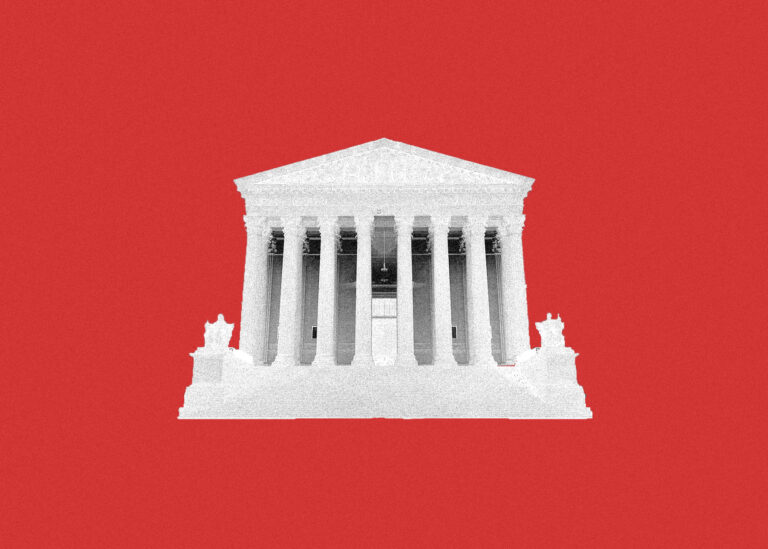
Sharon Block is a Professor of Practice and the Executive Director of the Center for Labor and a Just Economy at Harvard Law School.

Benjamin Sachs is the Kestnbaum Professor of Labor and Industry at Harvard Law School and a leading expert in the field of labor law and labor relations. He is also faculty director of the Center for Labor and a Just Economy. Professor Sachs teaches courses in labor law, employment law, and law and social change, and his writing focuses on union organizing and unions in American politics. Prior to joining the Harvard faculty in 2008, Professor Sachs was the Joseph Goldstein Fellow at Yale Law School. From 2002-2006, he served as Assistant General Counsel of the Service Employees International Union (SEIU) in Washington, D.C. Professor Sachs graduated from Yale Law School in 1998, and served as a judicial law clerk to the Honorable Stephen Reinhardt of the United States Court of Appeals for the Ninth Circuit. His writing has appeared in the Harvard Law Review, the Yale Law Journal, the Columbia Law Review, the New York Times and elsewhere. Professor Sachs received the Yale Law School teaching award in 2007 and in 2013 received the Sacks-Freund Award for Teaching Excellence at Harvard Law School. He can be reached at [email protected].

Laura Weinrib is Professor of Law at Harvard Law School and Suzanne Young Murray Professor at the Radcliffe Institute for Advanced Study. A legal historian, she studies how social movements have transformed constitutional categories to pursue political and economic change. She is the author of The Taming of Free Speech: America’s Civil Liberties Compromise (Harvard University Press, 2016), which traces the emergence during the first half of the twentieth century of a constitutional and court-centered concept of civil liberties as a defining feature of American democracy. Her articles, essays, and book chapters have explored a wide range of subjects in American legal history, as well as constitutional law, labor law, and law and literature.
According to the Crimson, Harvard has circulated an email advising departments seeking to hire spring teaching fellows (and other student workers) to include certain language in job postings and offer letters. The Crimson reports that the email “recommends departments include a provision in postings and offer letters that conditions teaching fellow positions on whether candidates can commit to a start date or not.” The email goes on to state that “[i]f the candidate says that they can commit to that date, then we can assume that they are not honoring the strike and will report to work. If they can’t make that commitment, then the hiring unit would not hire the candidate.” Finally, the Crimson reports that the email stated that it would be permissible to reference the strike by writing: “Due to the current HGSU-UAW labor strike, and since this offered position is a bargaining unit position, we need to know whether you will commit to starting employment on that date if the strike is continuing.”
For those unfamiliar with labor law and the law of strikes in particular, this email may seem unremarkable – even commonsensical. It may appear that an employer is simply seeking to establish whether prospective employees are available to work on the date that a job will begin. And, in ordinary circumstances, such an inquiry would raise no flags. In the context of a strike, however, such an inquiry is highly problematic and should not be made. The harm, from this perspective, is obvious: it extracts a promise from job applicants not to participate in the strike.
The right to strike was written into federal law in 1935 because legislators had come to believe that a just society requires it. If workers cannot act collectively to advance their interests, they cannot meaningfully advance their interests at all. The University’s desire to ensure that spring classes begin as scheduled is understandable. But if it wants a commitment not to strike, it has a time-tested option under federal labor law: it can negotiate with the elected representative of its workers for a no-strike clause in a collective bargaining agreement.
As is often true, we can find no NLRB decision that directly resolves the legality of the University’s email. And it is an unfortunate feature of living during the Trump administration that workers’ rights are more vulnerable than they have been for almost a century. Indeed, the Trump NLRB is itching to decide that student workers are not even employees entitled to labor law’s protection – a proposition that makes no legal sense and that stands to do real damage to the strength of the labor movement generally. But the fact that the Trump NLRB likely would not rule for the students does not change the basic principle here. The right to strike is a core federal legal right that is vital to our democracy. No employer – and certainly not Harvard University – should condition employment on its relinquishment.










Daily News & Commentary
Start your day with our roundup of the latest labor developments. See all
July 4
The DOL scraps a Biden-era proposed rule to end subminimum wages for disabled workers; millions will lose access to Medicaid and SNAP due to new proof of work requirements; and states step up in the noncompete policy space.
July 3
California compromises with unions on housing; 11th Circuit rules against transgender teacher; Harvard removes hundreds from grad student union.
July 2
Block, Nanda, and Nayak argue that the NLRA is under attack, harming democracy; the EEOC files a motion to dismiss a lawsuit brought by former EEOC Commissioner Jocelyn Samuels; and SEIU Local 1000 strikes an agreement with the State of California to delay the state's return-to-office executive order for state workers.
July 1
In today’s news and commentary, the Department of Labor proposes to roll back minimum wage and overtime protections for home care workers, a federal judge dismissed a lawsuit by public defenders over a union’s Gaza statements, and Philadelphia’s largest municipal union is on strike for first time in nearly 40 years. On Monday, the U.S. […]
June 30
Antidiscrimination scholars question McDonnell Douglas, George Washington University Hospital bargained in bad faith, and NY regulators defend LPA dispensary law.
June 29
In today’s news and commentary, Trump v. CASA restricts nationwide injunctions, a preliminary injunction continues to stop DOL from shutting down Job Corps, and the minimum wage is set to rise in multiple cities and states. On Friday, the Supreme Court held in Trump v. CASA that universal injunctions “likely exceed the equitable authority that […]